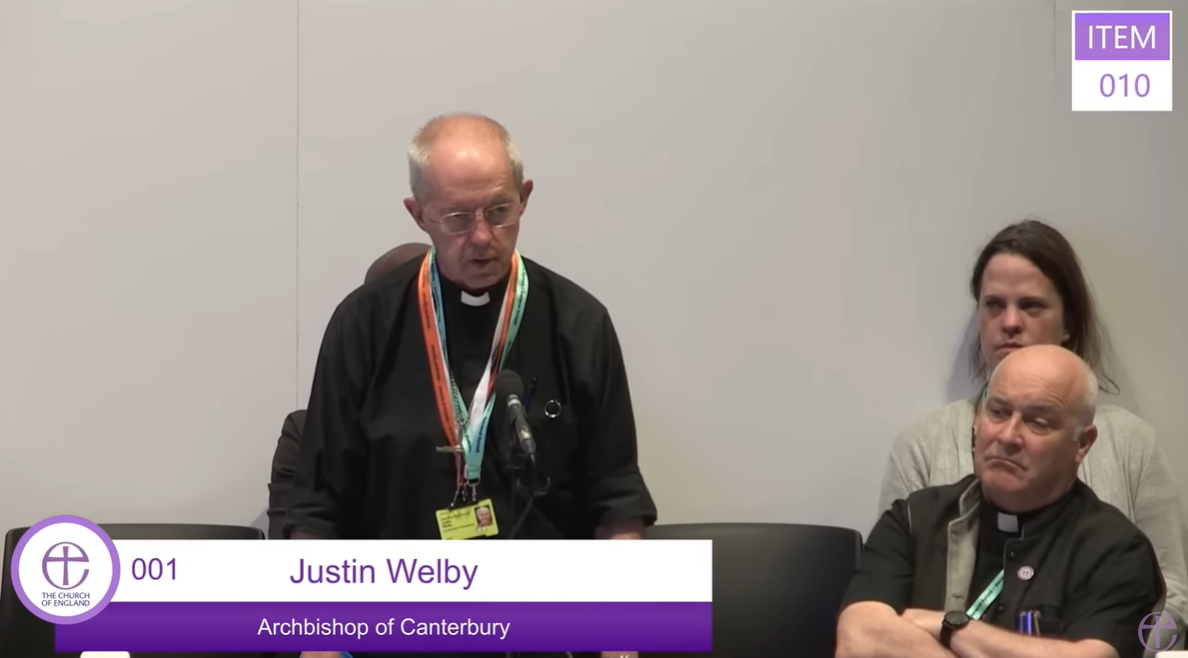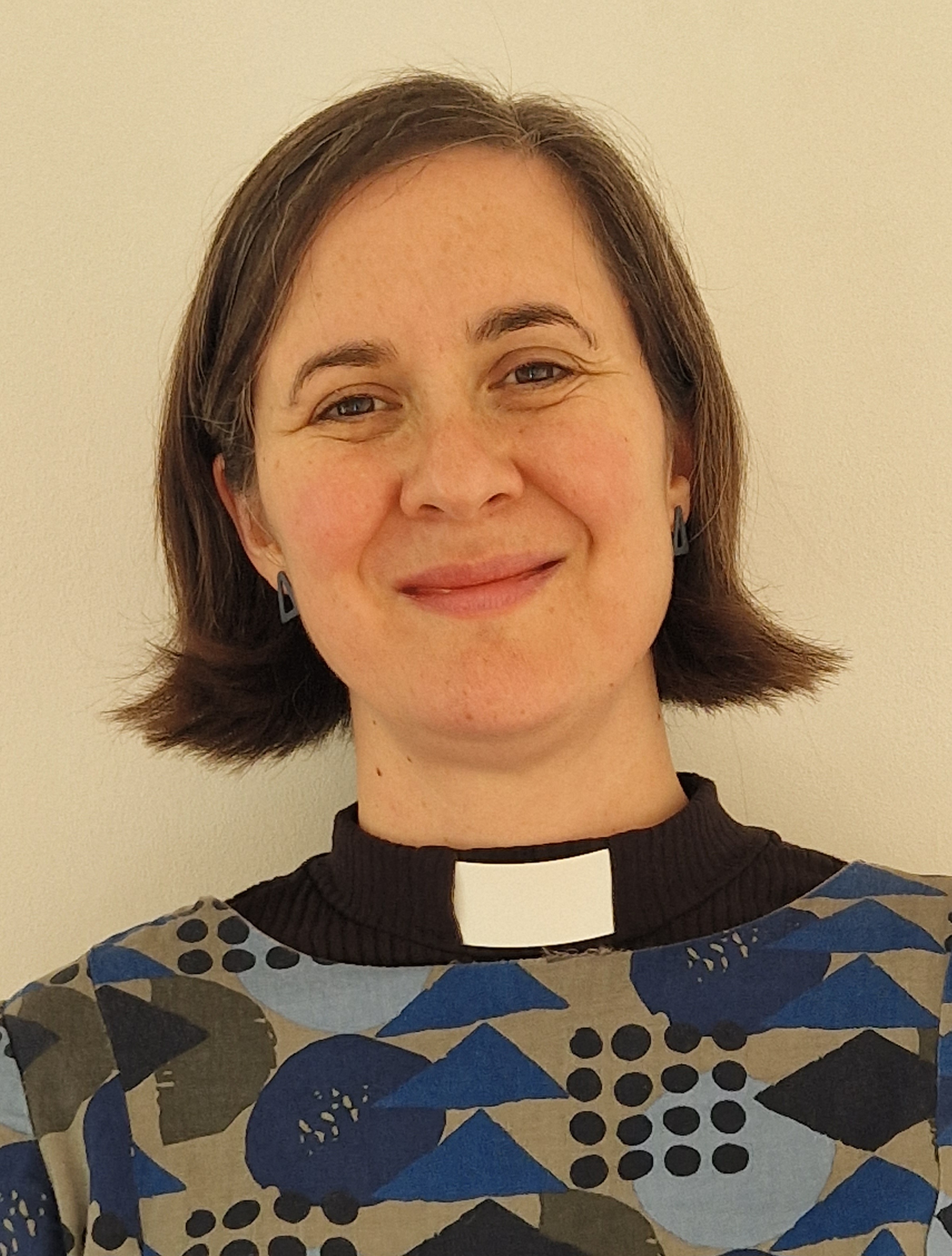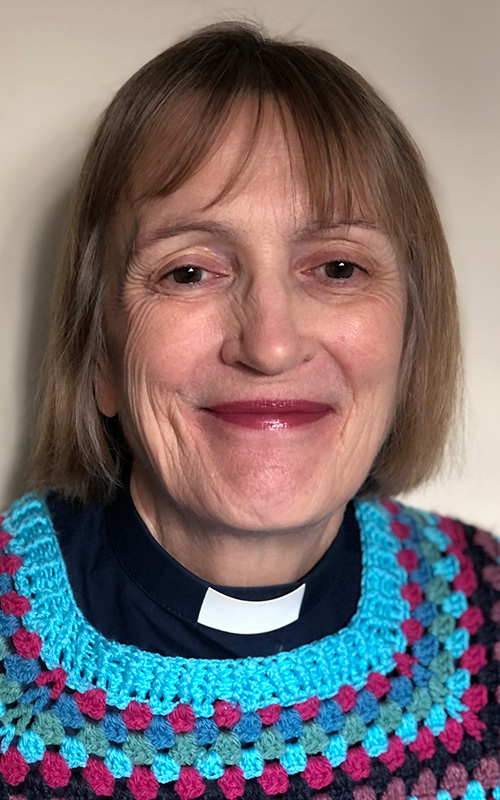 Last week’s General Synod at York University, saw profound and substantial debate on a range of topics including safeguarding, church governance and finances, parish ministry, climate change, clergy discipline and blessings for same sex relationships.
Last week’s General Synod at York University, saw profound and substantial debate on a range of topics including safeguarding, church governance and finances, parish ministry, climate change, clergy discipline and blessings for same sex relationships.
As reported in the Church Times last week: ‘During the main item on Friday, the Business Committee was called upon to find a way to increase the voices of young people on the Synod. A private member’s motion from Samuel Wilson (Chester) called on the Archbishops’ Council to re-establish an elected body for young adults, to replace the recently disbanded Church of England Youth Council (CEYC) (News, 18 February 2022). This was carried by the Synod, after impassioned speeches, including from the Archbishop of Canterbury, who said that young people would “shape, transform, and render our vision useful and extraordinary powerful in the society in which we live”.’
Our Diocesan goal to engage under 18s highlights the importance of exploring how young people can be involved in governance at all levels. So, this decision was of particular importance to our representatives, and we welcome the election of young adults into such roles. Sophie Mitchell, a University of Bristol alumni, who was previously a member of the Church of England Youth Council, chaplaincy assistant and diocesan comms assistant, worked hard to move this issue on, saying in an earlier Synod meeting that her faith journey had been accelerated when her church had employed a youth worker: “Young people want to engage with the Church and be listened to. But it’s your responsibility to open your ears and support them.”
On Saturday, the national investing bodies (NIBs) were commended on their disinvestment from fossil fuels. But the other side of the debate raised the Church’s failure to make significant, long-lasting change as recent shareholders in the fossil-fuel industry.
 Diocese of Bristol representative, the Revd Kat Campion-Spall, Rector of the Bristol Harbourside Churches spoke on this issue at York Minster, asking the representative of the NIBs how those of us with responsibility for smaller funds can learn from and apply the principles developed by the NIBs. The representative directed her to the work of the Ethical Investment Advisory Group (EIAG), whose investment policies are publicly available, but also reminded Synod that all are welcome to contact the EIAG directly for information and support.
Diocese of Bristol representative, the Revd Kat Campion-Spall, Rector of the Bristol Harbourside Churches spoke on this issue at York Minster, asking the representative of the NIBs how those of us with responsibility for smaller funds can learn from and apply the principles developed by the NIBs. The representative directed her to the work of the Ethical Investment Advisory Group (EIAG), whose investment policies are publicly available, but also reminded Synod that all are welcome to contact the EIAG directly for information and support.
On reflection, she said: “It’s essential that as a church we don’t simply use our investment income missionally, but invest any funds missionally too, and the work of the NIBs is a fantastic example of how that is done. Many of us in churches have church reserves, but also may be trustees of other charities which, for example, make grants from income on historic funds and trusts. Between us we have influence over the way that many millions of pounds are invested.”
Another motion carried on Saturday, on the rehabilitation of prisoners, shone a light on biblical teachings on forgiveness and reconciliation. The motion from Worcester diocesan synod recognised that faith and forgiveness could have a positive impact on offenders’ behaviours, within both the probation service and prison chaplaincy.
The issue of forgiveness was also raised on Sunday, the Church Times reports: ‘As well as the extraordinary presentations on the now disbanded Independent Safeguarding Board (ISB), the Synod heard a presentation on the long-awaited and much criticised National Redress Scheme for survivors of church-related abuse.’
After a statement from a survivor of church abuse, the Bishop of Truro, the Rt Revd Philip Mounstephen, brought a motion to “test the mind of Synod” on the scheme’s progress. It was passed, after a considered, lengthy discussion, and final statement that redress would not “end the cycle of mistrust and injury” within the Church.
Another debate held on Sunday, was on plans to overhaul the governance structures of the Church of England. The National Governance Reform project has been under way for several years, with its recent report receiving an overwhelming vote of support from Synod members. The proposals include reducing the national church institutions (NCIs) from seven to four and replacing the Archbishops’ Council structure with a new charity: Church of England National Services (CENS).
During Synod, further questions were also asked of the Chair of the Liturgical Commission, by the Revd Alice Kemp, Disability Adviser for the Diocese of Bristol: “Following the motion which accompanied the paper ‘Affirming and including disabled people in the whole life of the Church’ (GS 2270), which received unanimous support last July, could the Liturgical Commission offer a progress update on work to enhance the accessibility of language in authorised material, and estimate an approximate timetable?”

She further asked: “Noting the very useful guidance in Patterns for Baptism “Making Baptism Services Accessible for all” pp259-265, does the Liturgical Commission have a plan to produce similar guidance for other published liturgies?”
The Rt Revd Dr Michael Ipgrave OBE, responded to both of these questions together, saying: "The Liturgical Commission anticipates producing a resource provisionally titled Patterns for Funerals which will include similar guidance. More generally, it is committed to celebrating and encouraging best practice in the conduct of all services. I regret that other pressures on the Commission and its staff have meant a slower start to this work than we might have hoped. The Commission was very grateful for the debate last July and the unanimous support for the motion. We look forward to working with the Disability Task Group to produce a resource which will reflect many people’s experiences, and which will be useful in different styles of worship and a range of local contexts.”